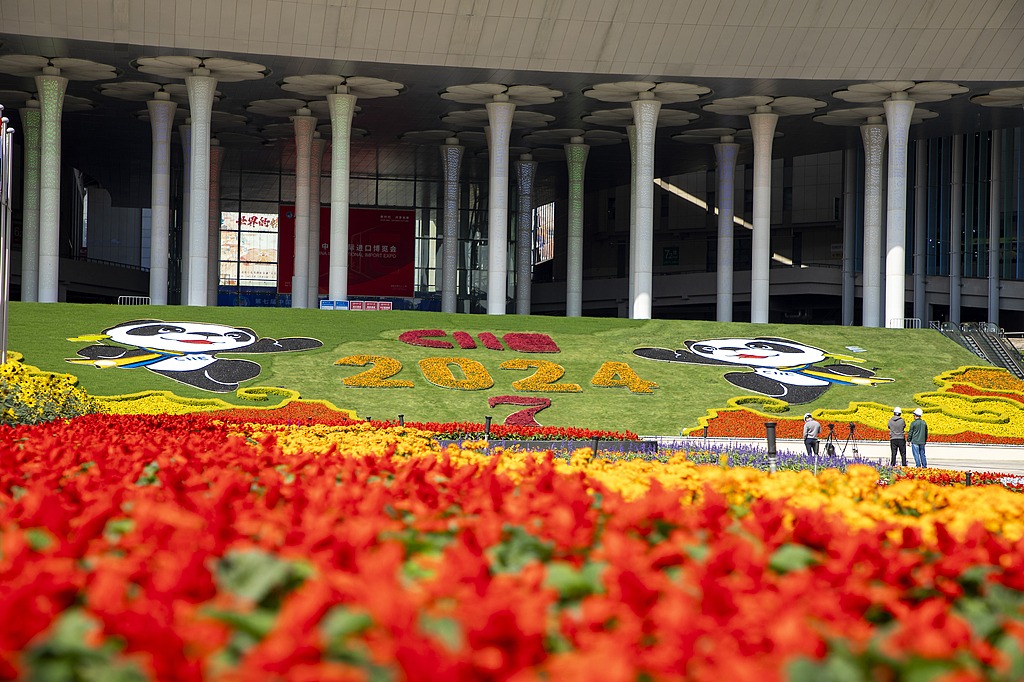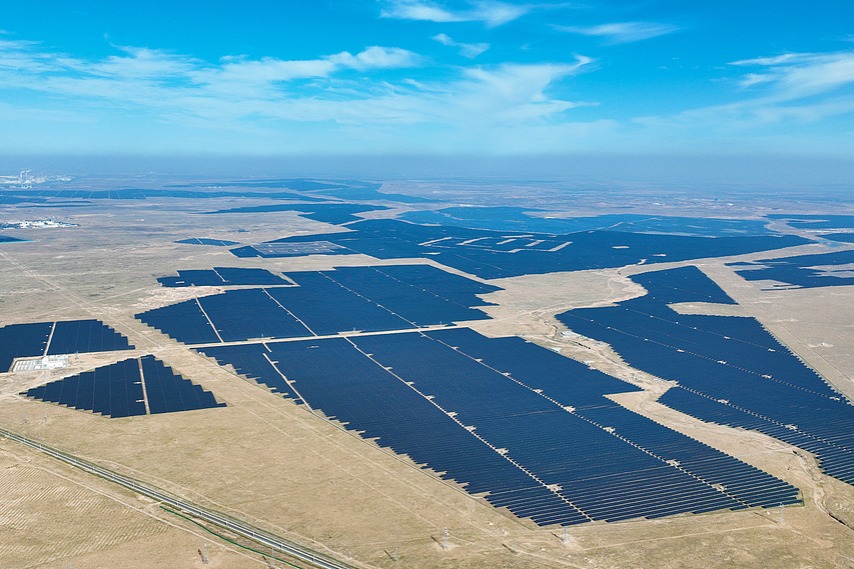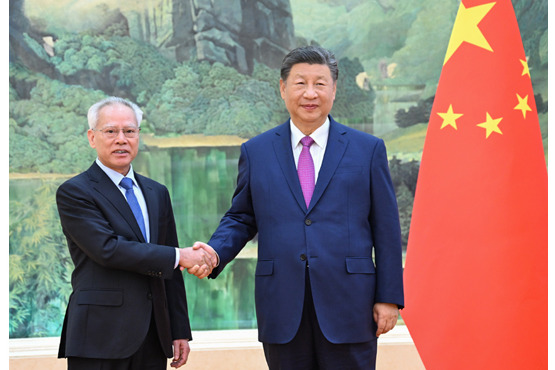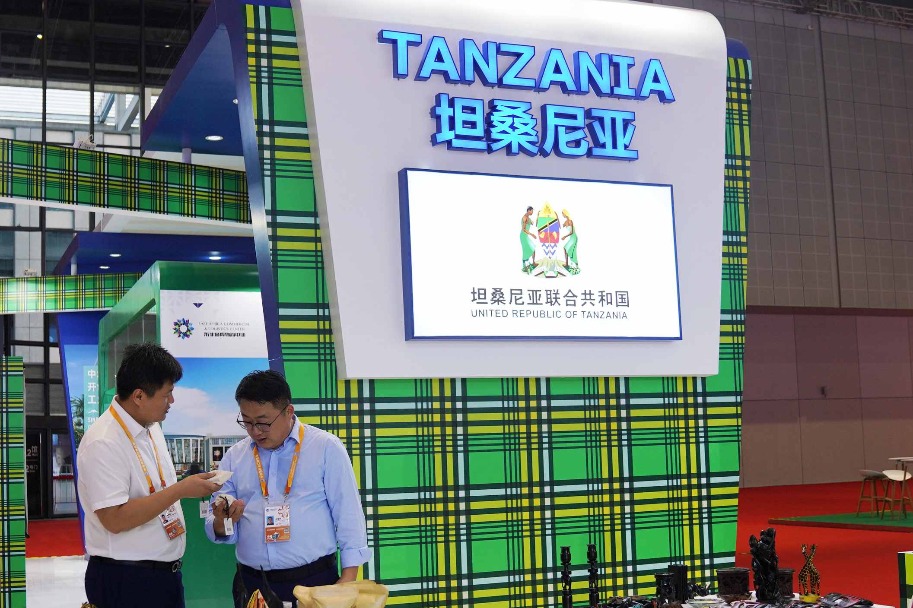Transitioning toward stable growth, quality


Experts: Troubled real estate has turned the corner, and things are looking up
After a period of adjustment, China's debt-ridden real estate sector, which is still considered a key pillar of the world's second-largest economy, is seeing signs of stabilization. Such signs are particularly visible in first- and second-tier cities. Industry experts suggested the residential market may recover in the second half of the year on the back of sustained growth.
Residential property transactions started to stabilize since May, and the trading volume of major Chinese cities' home markets surged about 50 percent month-on-month in June. The sector is on track to recover as the pandemic appears to be well under control by and large, and supportive measures to drive rational home demand are starting to take effect, said Xie Chen, head of research with CBRE China, a commercial real estate services and investment firm.
"We expect home sales in the second half will continue the recovery trend, and first- and second-tier cities with strong fundamentals would take the lead in the market rebound," said Xie.
"The industry has entered a new development phase, and we are waving adieu to the old days of pursuing scale expansion and growth speed," said Yu Liang, chairman of China Vanke, a prominent realty company, during a shareholder meeting in late June.
Although there have been recent instances of some homebuyers refusing to make mortgage payments due to delayed delivery or stalled construction of their presold homes, their impact on the realty and banking industries would be insignificant as associated financial risks are manageable and under control, experts said.
"Only a very low proportion of property projects in China are experiencing a delivery delay or construction standstill. Homebuyers' refusal to pay mortgage is more of a warning to push property developers to resume construction," said Hui Jianqiang, head of research at Beijing Zhongfang-Yanxie Technology Service Ltd.
"In fact, we shouldn't play up these refusals. And homebuyers wouldn't risk their personal credit as long as there's still a chance to settle the issue legally," Hui said.
Should there be any impact, the regulators concerned will deal with it, said Chen Sheng, president of the China Real Estate Data Academy.
An official from China's top banking and insurance regulator, who requested anonymity, said on July 14 the simple solution to the problem of delayed deliveries of some presold homes is to ensure timely deliveries.
From the regulator's perspective, that is paramount, the official said, adding the authorities concerned will implement the decisions and principles announced by the Communist Party of China Central Committee and the State Council, China's Cabinet. For instance, the regulator will continue to uphold the principle that "housing is for living in, not for speculation", and help stabilize land and housing prices as well as expectations.
Lian Ping, chief economist at Zhixin Investment and head of the Zhixin Investment Research Institute, said the conventional golden season of property transactions, which falls in the September-October period, is expected to be normal this year in key Chinese cities.
"Though the conventional golden September and silver October would not be as hot as they used to be due to macroeconomic pressures and some homebuyers' wait-and-see attitude, pent-up demand due to the COVID-19 impact may gradually come into the market from the third quarter," Lian said.




































